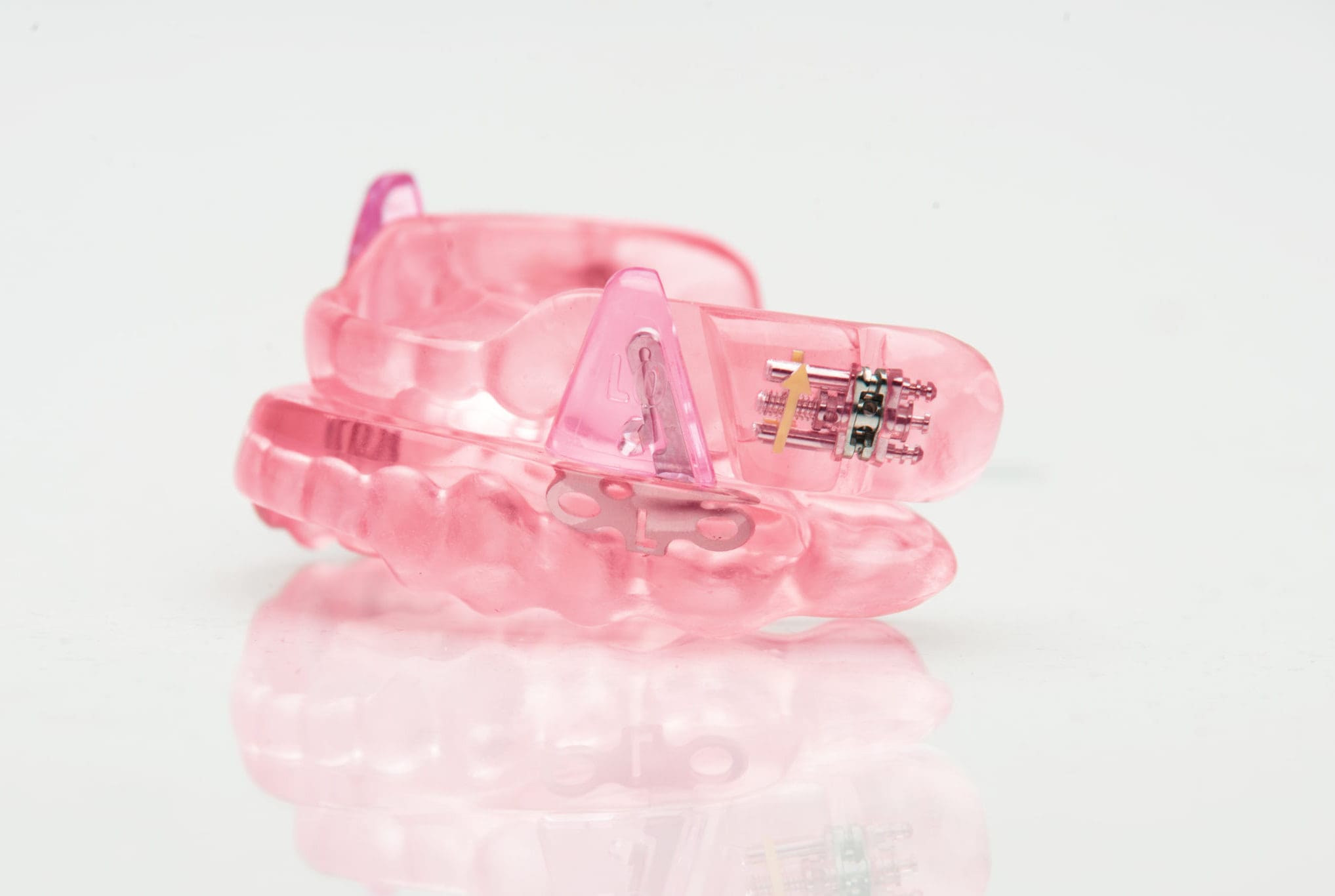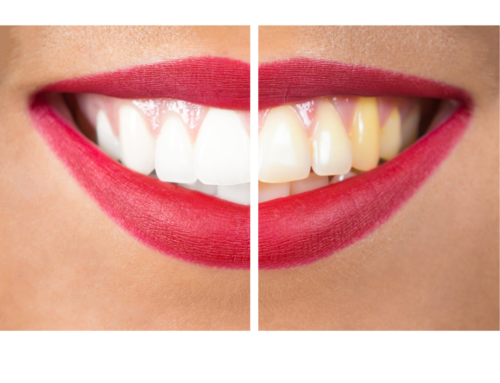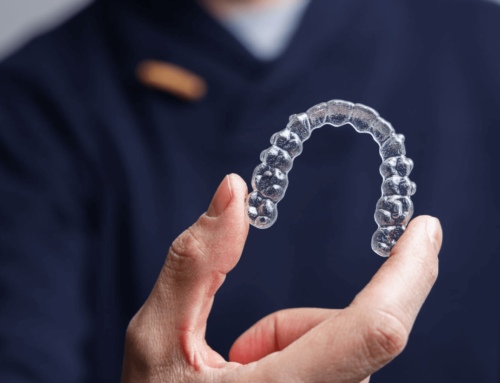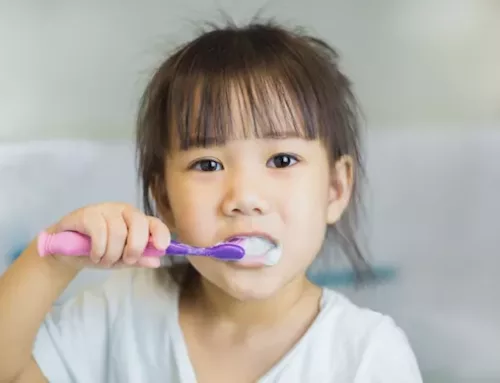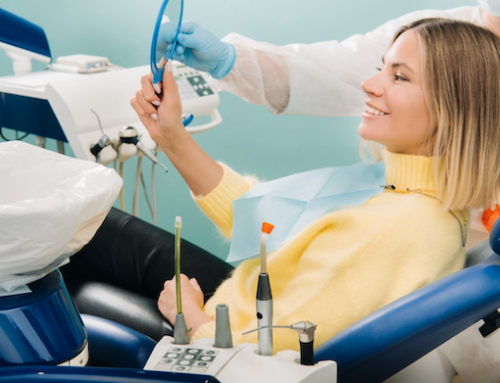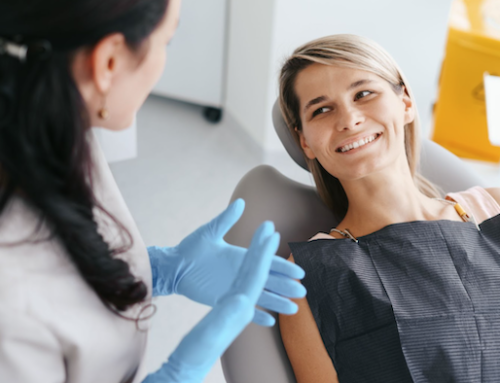Alternative Treatments to Reduce Sleep Apnea Symptoms
Sleep apnea is a condition that causes you to stop breathing while sleeping and affects about 15% of adults and 5% of children in the United States. To date, the most common method of treating sleep apnea is the use of sleep apnea machines but what are the alternative treatments available? The most widely used of this treatment approach is the continuous positive airway pressure (CPAP) machine. However, there are instances where a CPAP machine can cause side effects and be unsuitable. Alternative treatments for sleep apnea include:
Alternative Treatment 1 – Mandibular Advancement Devices
A Mandibular Advancement Device (MAD) is a conventional oral appliance primarily used to treat mild sleep apnea. Generally, the MAD’s design helps generate mandibular advancement and foster stability as you sleep. These unique oral appliances work by moving the upper jaw to the forward position, with the device preventing the collapse of the oropharyngeal tissues and the tongue’s base, stopping Obstructive Sleep Apnea (OSA). Additionally, an MAD helps to improve nighttime oxygenation and reduce snoring, promoting sleep quality. MADs are easier to use, have fewer side effects, and are more affordable than CPAP machines. Note that MADs won’t work for sufferers from severe or central sleep apnea.
Alternative Treatment 2 – Mouth Guards
Unlike CPAP machines, mouth guards are more comfortable for your entire household to live with since they’re significantly less noisy. A mouthguard consists of two pieces covering your upper and lower teeth and working to push the lower jaw forward. This creates space for the large base of the tongue, getting it out of the way and preventing blockage of the airway. Sleep mouth guards can also improve blood oxygen levels, reduce the volume and frequency of snoring, minimize shallow breathing and apneas, and decrease daytime drowsiness. Moreover, mouth guards improve diastolic and systolic pressure leading to an overall improvement in quality of life and are fairly easy to acquire.
Alternative Treatment 3 – Tongue Retaining Device
Another oral appliance used for sleep apnea is a tongue retainer or a stabilizing device. A tongue-retaining device consists of a plastic splint placed around your tongue. The splint holds your tongue forward and out of your mouth while you sleep. When the retaining device pulls your tongue forward, it keeps your airway open by increasing the three-dimensional space around your tongue and alleviating snoring and sleep apnea caused by the obstructed airway. Additionally, a retainer maintains your tongue in the desired position in order to prevent its collapse into your airway due to decreased muscle tone as you sleep. This is the tool of choice for people with a large tongue (macroglossia). Children, Central Sleep Apnea sufferers, or those who can’t stick their tongues out past their teeth shouldn’t use this treatment approach for sleep apnea.
Alternative Treatment 4 – Rapid Maxillary Expansion (RME)
A potential treatment for children with Obstructive Apnea. The Rapid Maxillary Expansion (RME) hardware is essentially an expanding brace (butterfly brace) that widens the hard palate (the roofy part of your mouth). When the RME tool expands the hard palate, it also augments nasal passages in the mouth. Increasing the size of the airway passage means more air getting through the throat while breathing and minimizing the collapse of the airway.
Conclusion
Although a CPAP machine is a common way to treat sleep apnea, buying and maintaining one can be costly and may cause side effects. Thankfully, there are viable alternative treatments for sleep apnea: oral appliances. The American Academy of Dental Sleep Medicine highly recommends using oral appliances to treat sleep apnea because they are convenient, portable, and comfortable. Take a deep breath and the first step toward sound and restful nights of sleep ahead, request your appointment with Dr. Ely and her exemplary team at Novi Oaks Dental Sleep Medicine & TMJ to find the appropriate alternative treatment for you!


